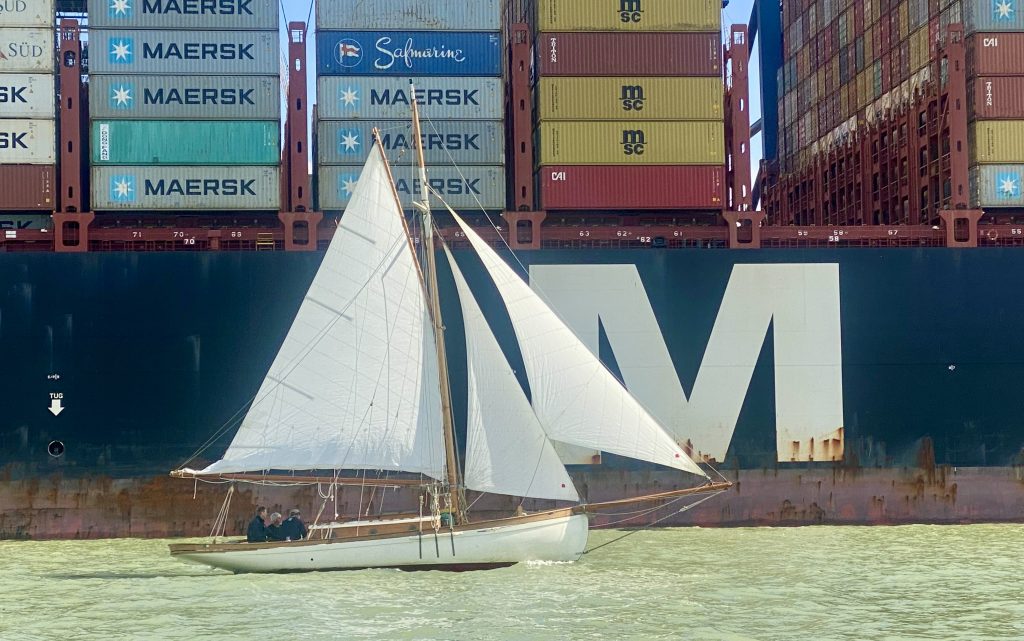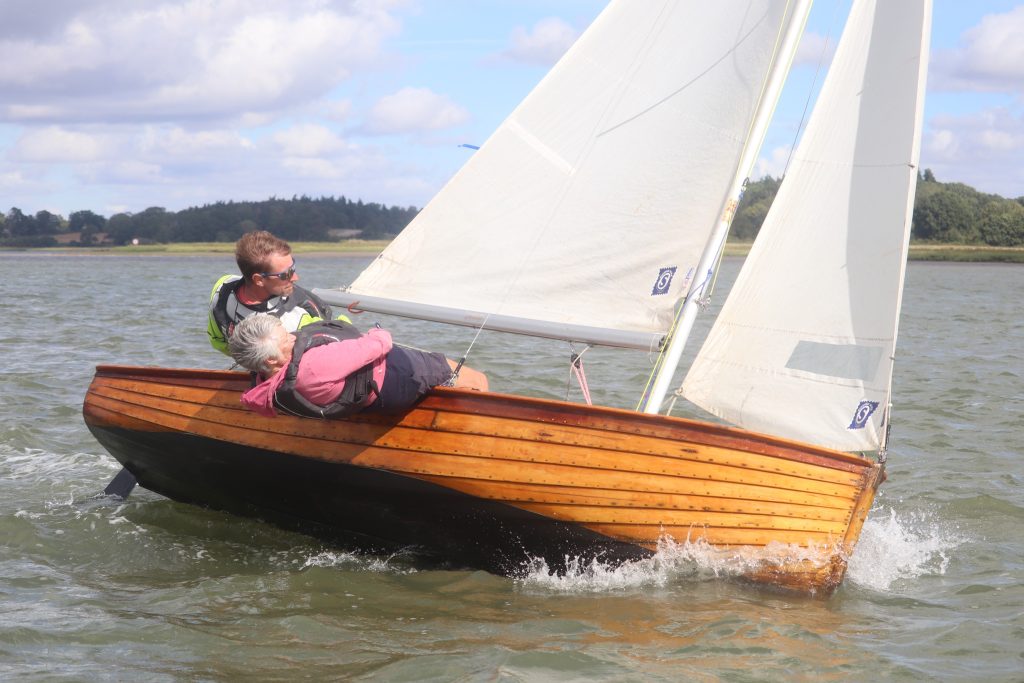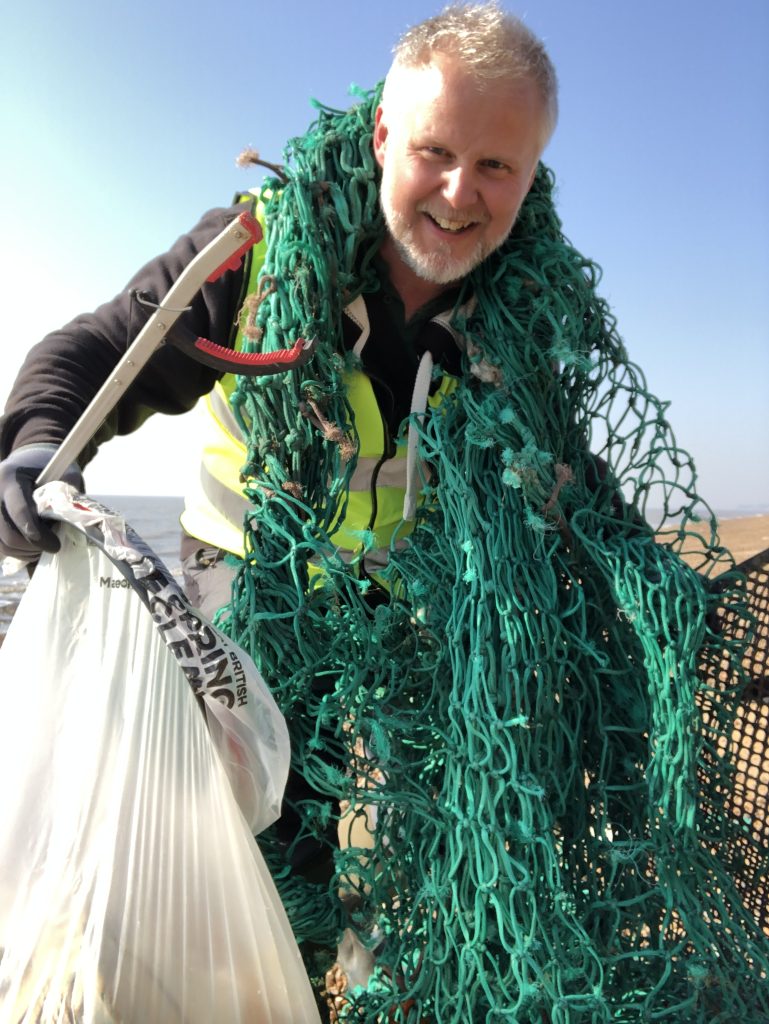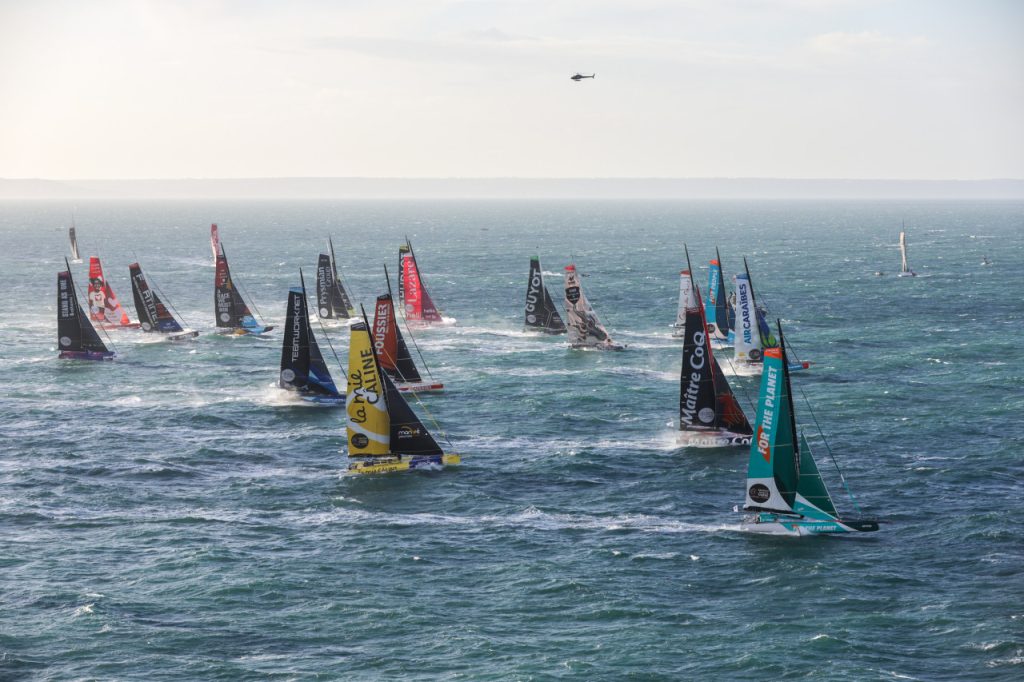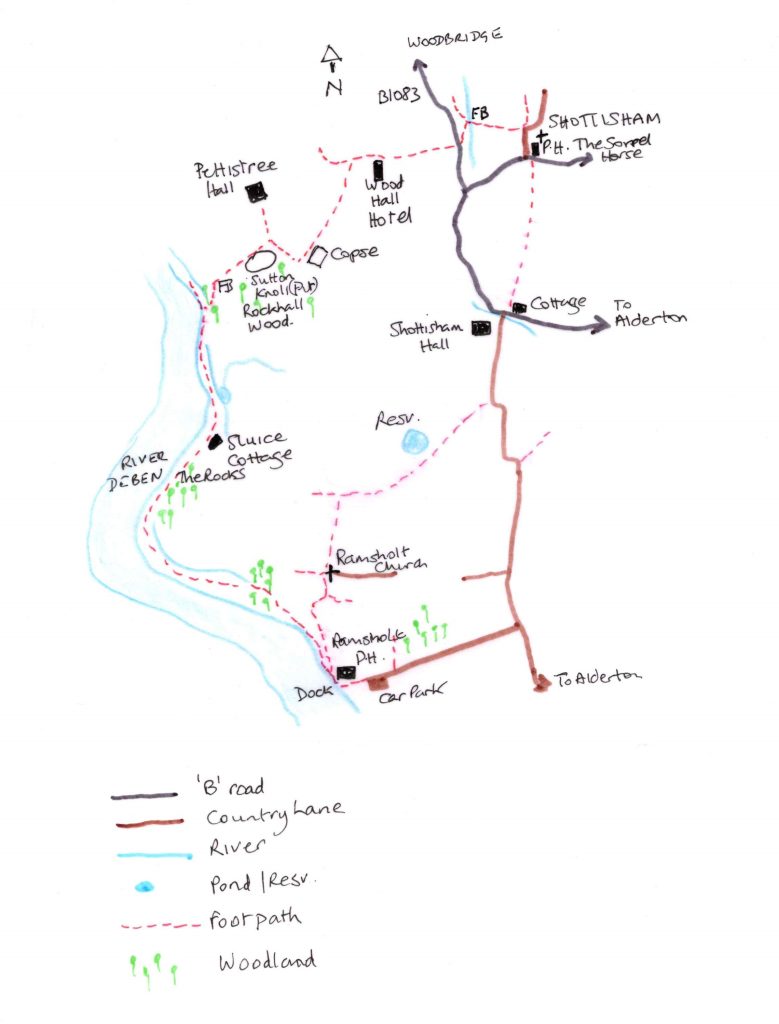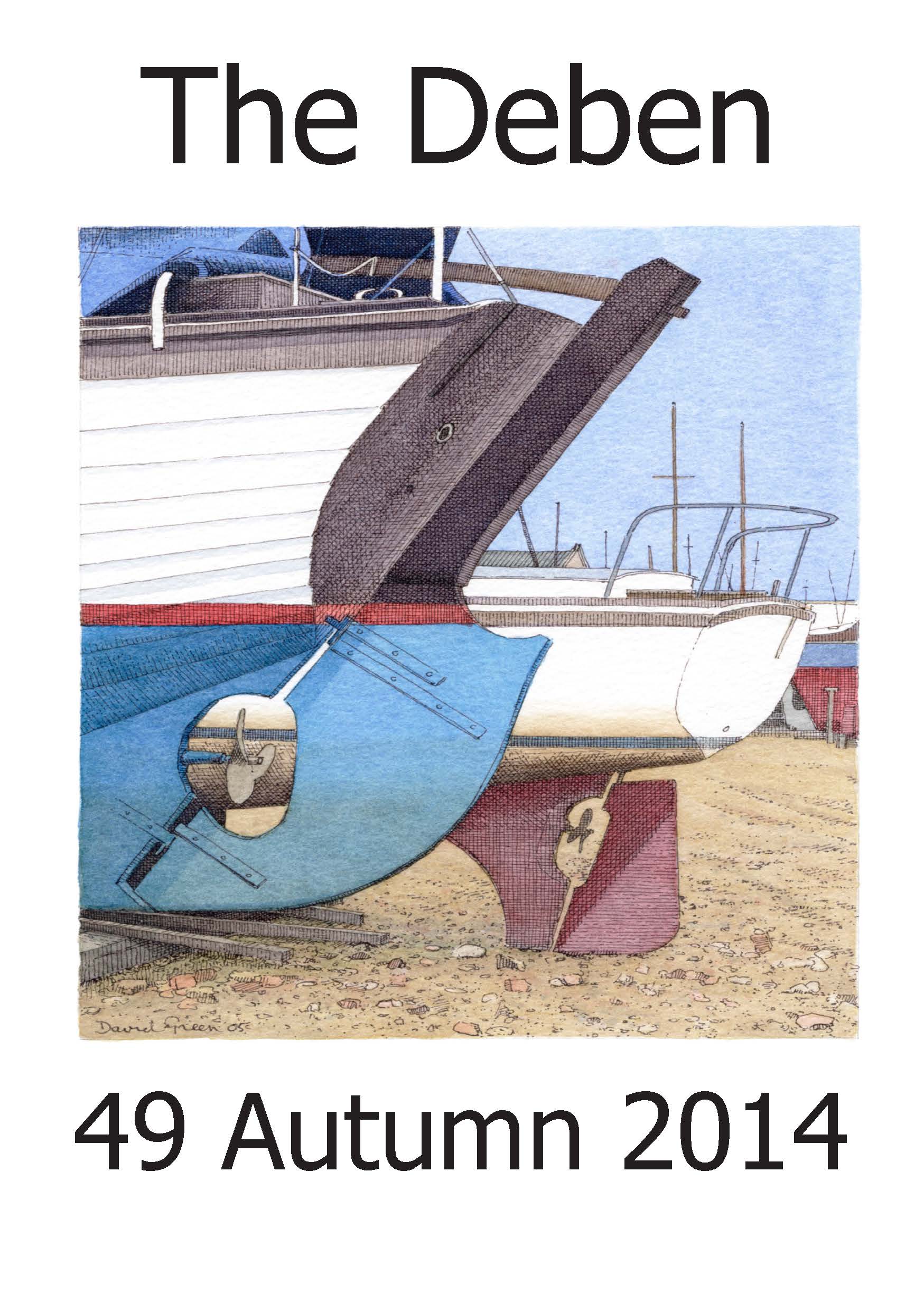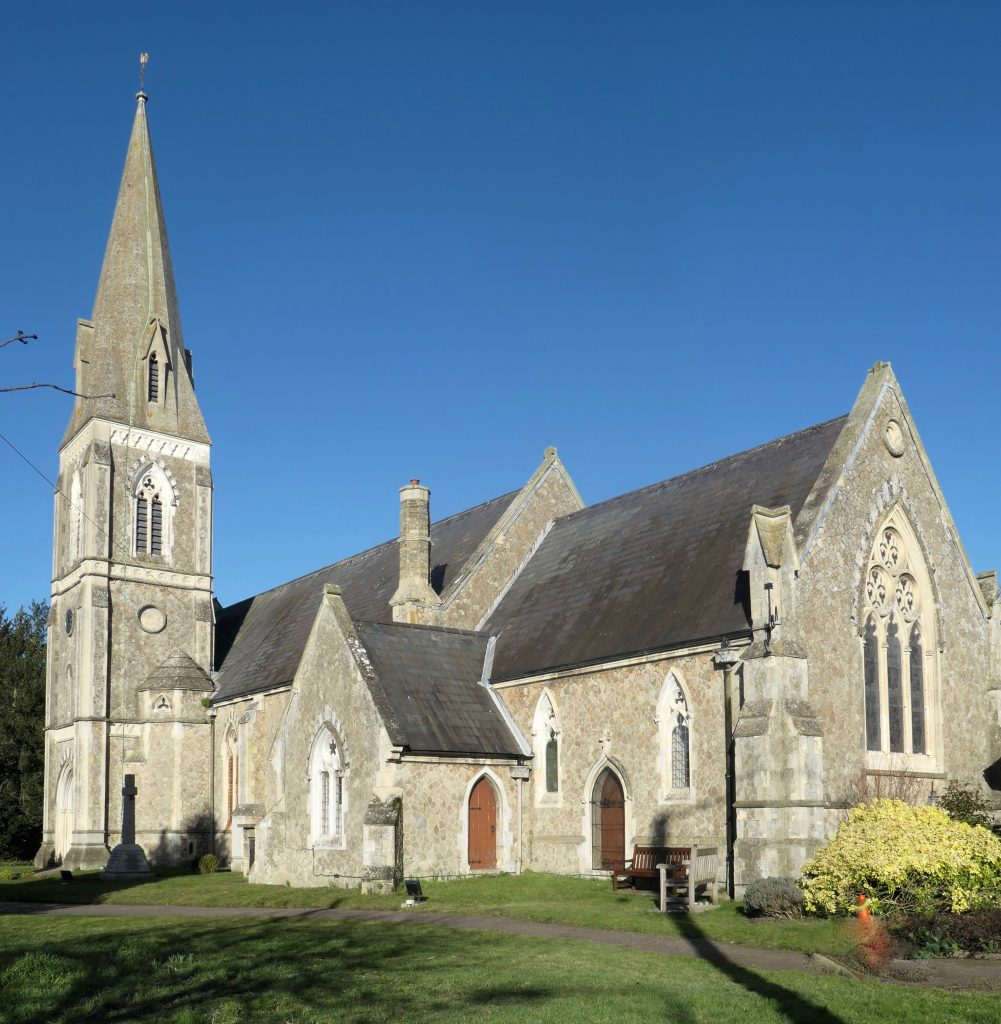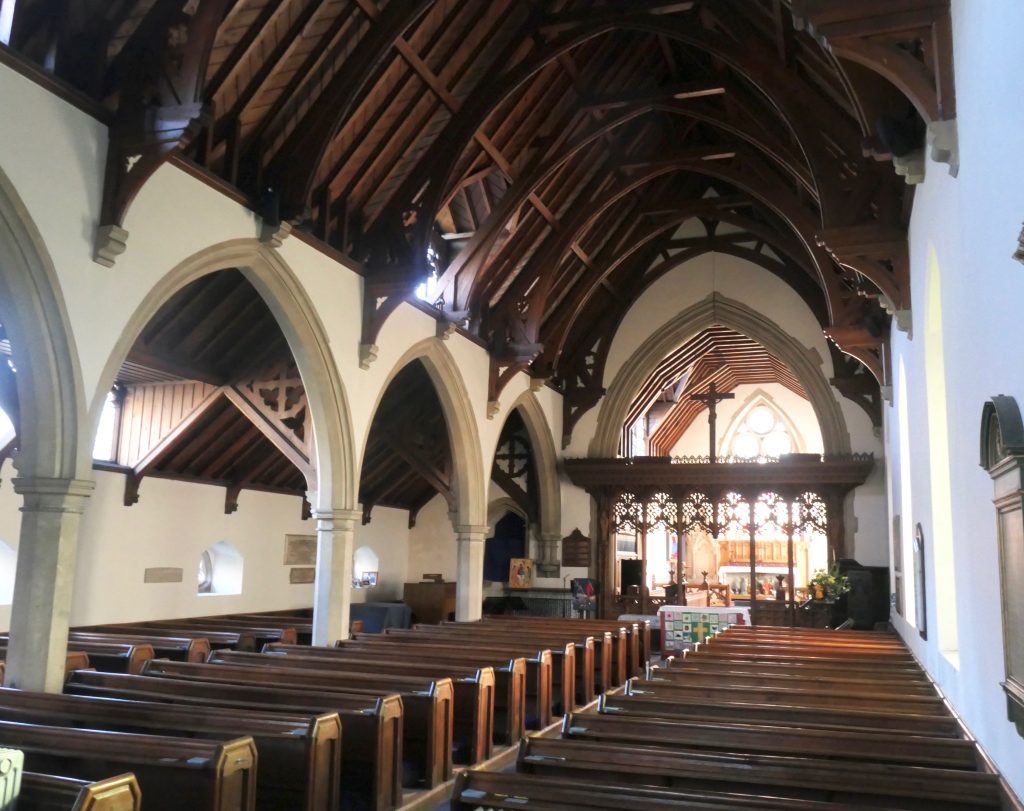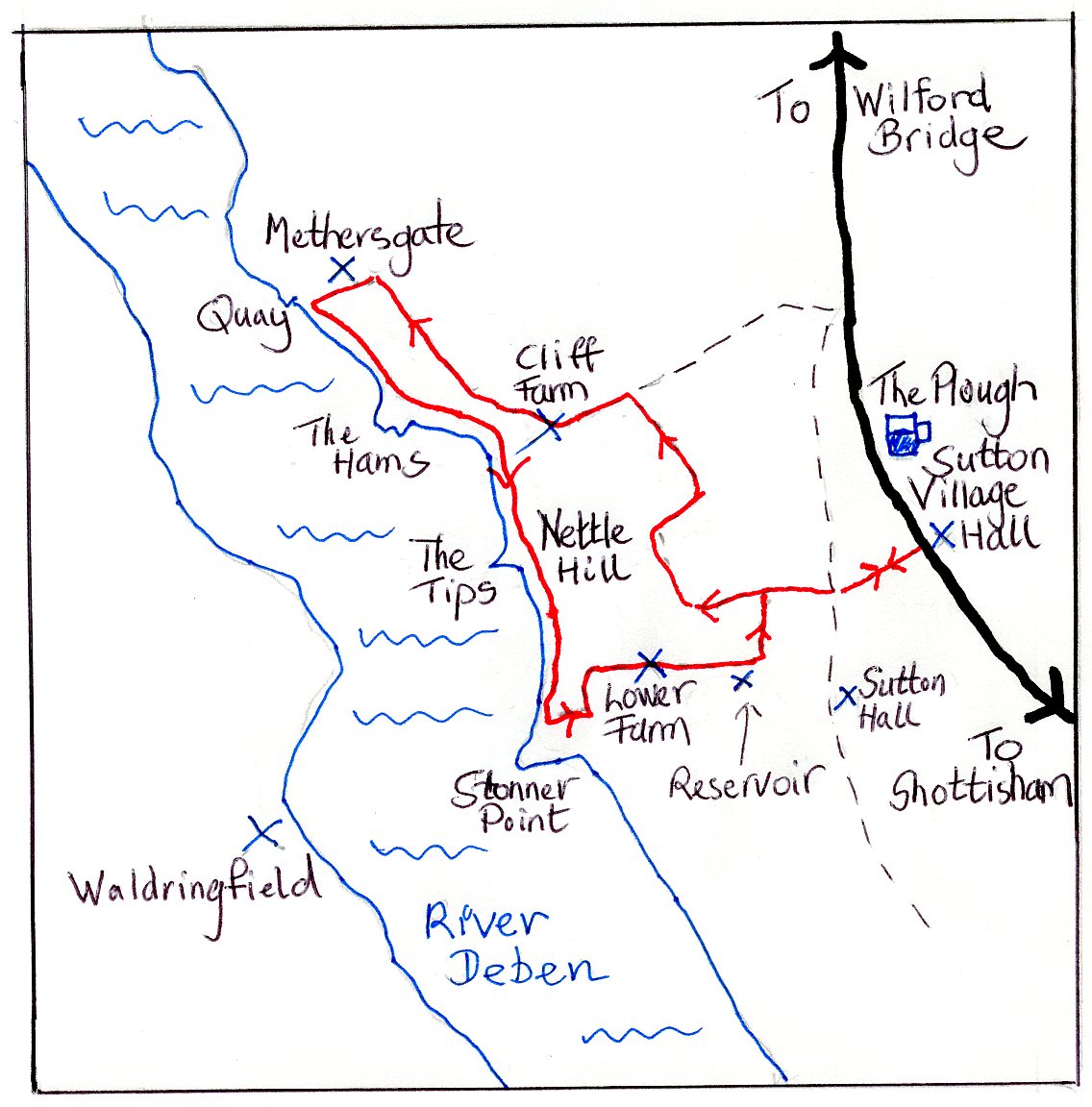Janet Harber and her sister Jackie Jones are the first to take up the challenge of linking two of more of the Deben churches described by Gareth Thomas in his four-part series last year. Their Felixstowe-based walk was published in The Deben magazine #70 and is reprinted here with additional photographs taken by Janet.
If you feel inspired to try to devise your own walks, linking different Deben Churches, you will find a list at the end of this article. Alternatively you might enjoy Sue Ryder Richardson’s circular walk from Hemley Church.
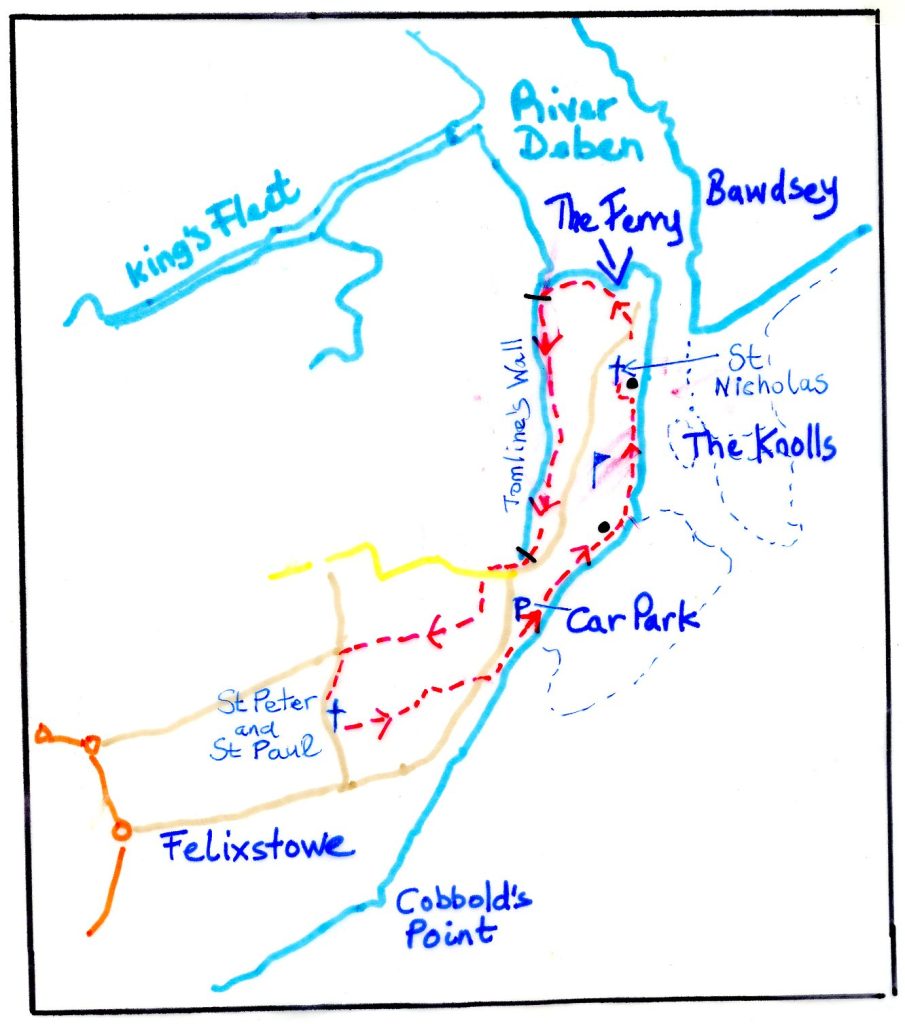
This five-mile route, a mix of coastal and surburban walking, links the churches of St Peter and St Paul in Old Felixstowe and St Nicholas at Felixstowe Ferry. The two churches are described in detail by Gareth Thomas in his RDA Journal series Churches of the Deben: Part 3B.
Continue reading
